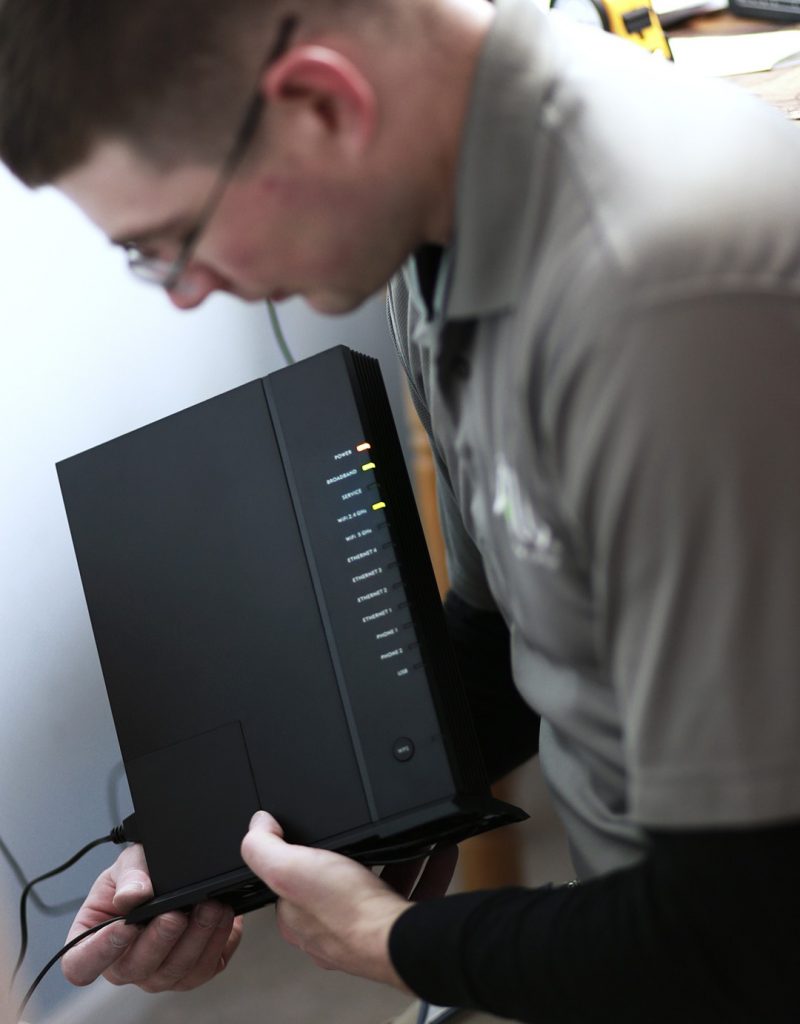Data caps have never been a part of the ALLO business model. Lately, we’ve heard that other providers in our fiberhoods are charging data cap fees every month, capping at 1.2 terabytes of data. For reference, one terabyte is equal to 1,000 gigabytes or 1,000,000 megabytes. It sounds like a lot, right?
We thought so, and it got us thinking. What if we did that?
Hard stop. Just to reiterate, we would NEVER do that. We just wanted to know, how many of our customers would be impacted by that type of policy? So, we ran the numbers.
If we charged extra for using more than 1.2 terabytes of data per month, we’d be collecting (in our opinion) completely unfair fees from more than 10% of our customers. When we had all the data in front of us, the point wasn’t whether a profit could be made; it was the headache we’d be delivering along with the higher bill.

What a terrible way of doing business, along with a horrible experience for their customers. Hear us when we say, we get it. The kind of providers pushing out those extra fees don’t really have a choice. Data caps are required for networks that struggle, the ones built on outdated technology, and aren’t prepared for future growth.
Every provider has a team of engineers monitoring data flow across their network. Data caps factor in when the network is not strong enough to handle the basic needs of its customers. The caps are meant to prevent overloads and outages. And yet, they still seem to happen, don’t they?

Our fiber-optic network was built to handle substantially larger traffic numbers than our customers need today and well into the future. Our engineers monitor the ALLO network to make sure our technology is growing ahead of the curve for our customers, not punishing them for a network that can’t keep up.
We’ll say it again, we would never charge you extra for using the internet you pay for. It’s not right and, quite simply, it’s not necessary with ALLO fiber-optic service.










